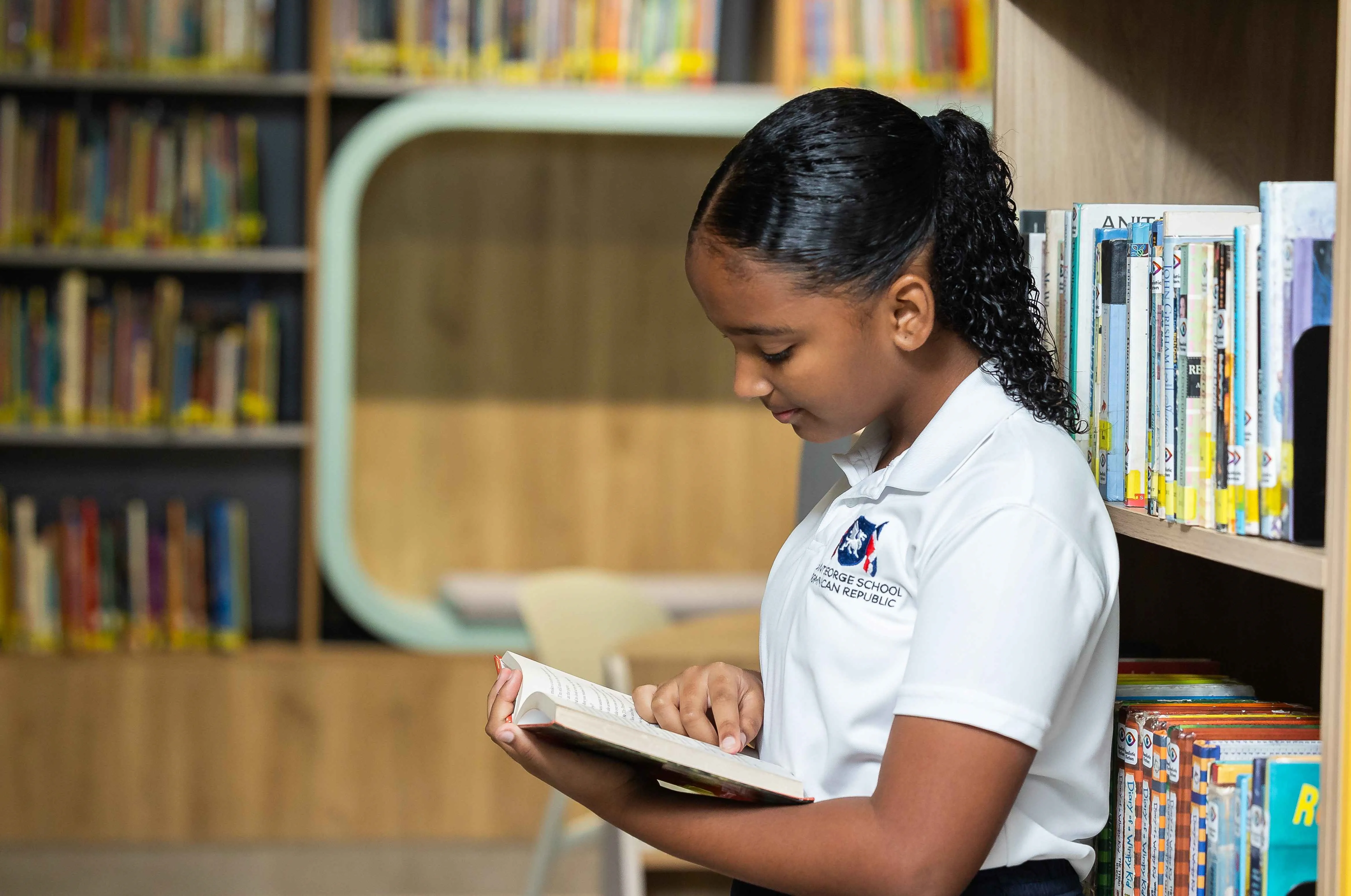We use cookies to improve your online experiences. To learn more and choose your cookies options, please refer to our cookie policy.

Today’s children are growing up in a digital-first world, spending more time on screens than any generation before. A 2024 report from Common Sense Media found that teens now average over eight hours of screen time each day, not including time spent on homework.
While technology is a part of everyday life, issues can arise when screen use becomes passive or excessive, like endless scrolling or gaming addictions. These habits can affect sleep, focus, and overall mental health and wellbeing.
The goal for parents shouldn’t be to eliminate screen time altogether, but to manage it in a way that supports your child’s growth.
Across all Nord Anglia schools, we work closely with families to help students find the right balance. Through academic guidance and open conversations–as well as resources available via Global Campus on topics such as mental health, wellbeing, and digital citizenship–we support young people in building the skills and confidence they need to navigate technology responsibly and thoughtfully.
Together, we can help every child grow with purpose and discover their own healthy path forward.
At school, students use technology in purposeful ways across the curriculum, from coding to research. At home, the same approach can help children build healthy digital habits. When parents support rest, focus, and offline activities, children learn to see screens as a tool, rather than the centre of their day.
Establishing clear routines around screen use helps children manage their time more effectively too. For example, allowing screen time after homework or on weekends, while limiting it before bed and during meals, can make a significant difference. Screen use before bed exposes children to blue light that can disrupt melatonin production and interfere with sleep quality, while mealtimes can be valuable moments for family interaction and mindful eating when screens are put away.
By focusing on the quality of screen time, families can shift from simply limiting use to encouraging more purposeful and balanced habits. With that in mind, here are some general recommendations from the World Health Organization and Welcare:
Ages 2–5: Up to one hour per day of high-quality, interactive content such as digital storybooks, music games, sensory play apps, or similar content that can help develop their intellectual abilities and motor skills.
Ages 5–11: Keep recreational screen time under one or two hours per day. You may even wish to limit screen use within this age group even further. Importantly, make sure it doesn’t interfere with sleep, exercise, or other routines.
Ages 12 and up: Talk with your child to agree on a healthy screen time limit. It’s important to balance screen time with physical activity, sleep, socialising in person, and schoolwork.
Here are five simple and effective ways to support balanced digital routines:
1. Model good habits
Demonstrate how to use screens thoughtfully by taking breaks and prioritising offline time yourself.
2. Encourage regular breaks
Short, frequent pauses during screen time help protect your child’s mental health and wellbeing, and can give them a moment to reset, reconnect, and stay grounded in the present.
3. Offer engaging alternatives
Outdoor play, creative hobbies, and family time reduce the reliance on screens.
4. Establish consistent routines
Set clear times for homework, free time, and rest to help children stay balanced.
5. Keep communication open
Talk regularly about screen time and online experiences. Involving children in setting limits helps them make healthier choices.
When children recognise how screen time affects their sleep, focus, and relationships, they’re more likely to set personal limits that help them maintain balance and build hobbies and deeper connections with their peers beyond the digital world.
Learn more about how to support your child’s digital wellbeing by exploring Nord Anglia Education’s INSIGHTS article on media habits here.